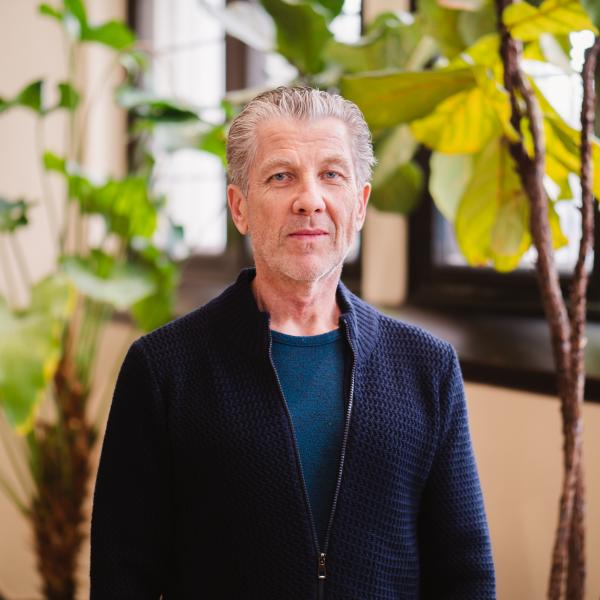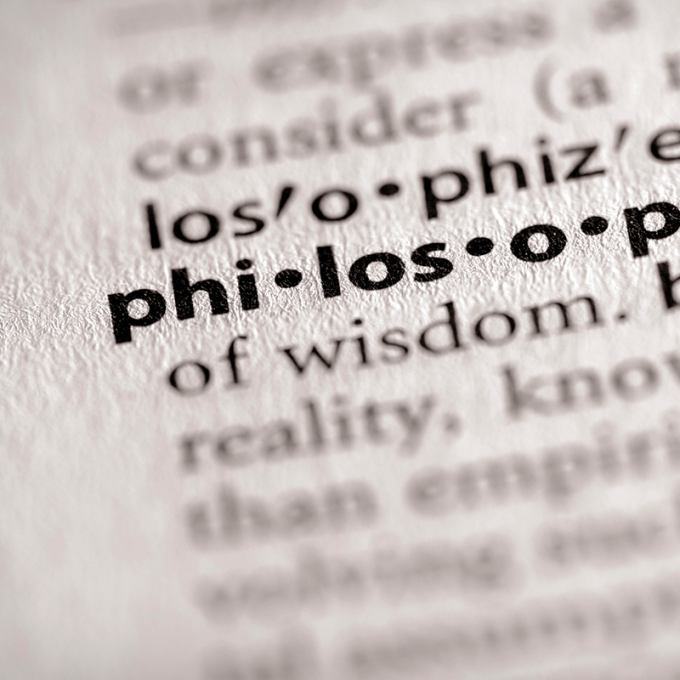Professor Kvanvig has authored eight books and has edited numerous editions of the "Oxford Studies in Philosophy of Religion" series.
Professor Kvanvig's current projects focus on the philosophy and theology of intellectual humility and the nature and value of faith.

